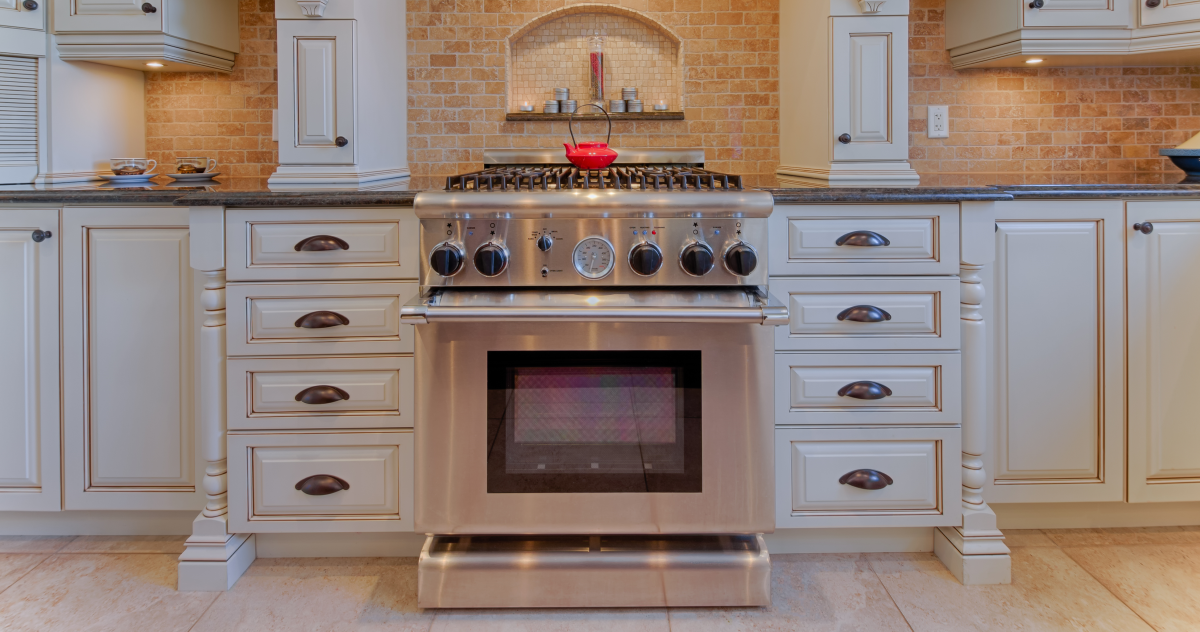
If you are living in an apartment, you probably have no choice when it comes to your appliances. However, for homeowners, most areas have the option to use gas or electric appliances. Before jumping the gun and buying that “sexy†black glass-topped electric stove or classic gas oven, there are a few considerations. In today’s economy, the shelf life and efficiency of the appliance is just as important as the aesthetic look of the appliance.
In General…
You will probably notice that most gas appliances are a bit less expensive than electric appliances. They also tend to have a lower operating cost. Electric appliances tend to cost a bit more, but they also tend to have a long shelf life. There is also often much more flexibility in “look†for electric appliances, especially when considering electric stoves over gas stoves.
Gas Vs. Electric
Cost of New Gas Line or Dedicated Circuit
If your home does not currently have a gas line, this may rule out gas appliances right from the start. Running a new gas line can be quite expensive, generally costing anywhere between $25 to $100 per foot, depending upon the job.
To have a dedicated circuit installed for an electric appliance, you are only talking about $150 or so. That is unlikely to be needed, however, as most homes are already set up for electric appliances and have dedicated circuits set up.
Cost of Appliance
On the low end, you will spend about $500 or so for an entry-level appliance for either gas or electric. However, once you start looking at better appliances, gas costs are considerably higher.
Operating Costs and Efficiency
This is where you can start to justify the gas appliances. Generally speaking, gas will be significantly cheaper than electric to run, especially now. Depending upon the model, a gas stove also costs anywhere from 10 to 30 percent less to operate. Over the lifetime of the appliance, these lower operating costs will more than offset the initial setup and purchase cost of the electric appliance.
Cost of Repairs
Gas appliances tend to have more specialty parts, so they will generally be more expensive to repair.
Environmentally Friendly
With the push to electric cars, one would think this is the clean energy way to go, but that is not necessarily the case. Electric is not actually burning anything, so on the surface, it would appear to be the cleaner energy option. However, most electricity is produced by fossil fuels, so the footprint is in the actual generation of the energy, not in its use, if that makes sense. In terms of fossil fuels, gas is one of the cleanest-burning options. The point is that unless your electric supplier uses 100 renewable energy, your best environmental choice would be to use gas appliances.

